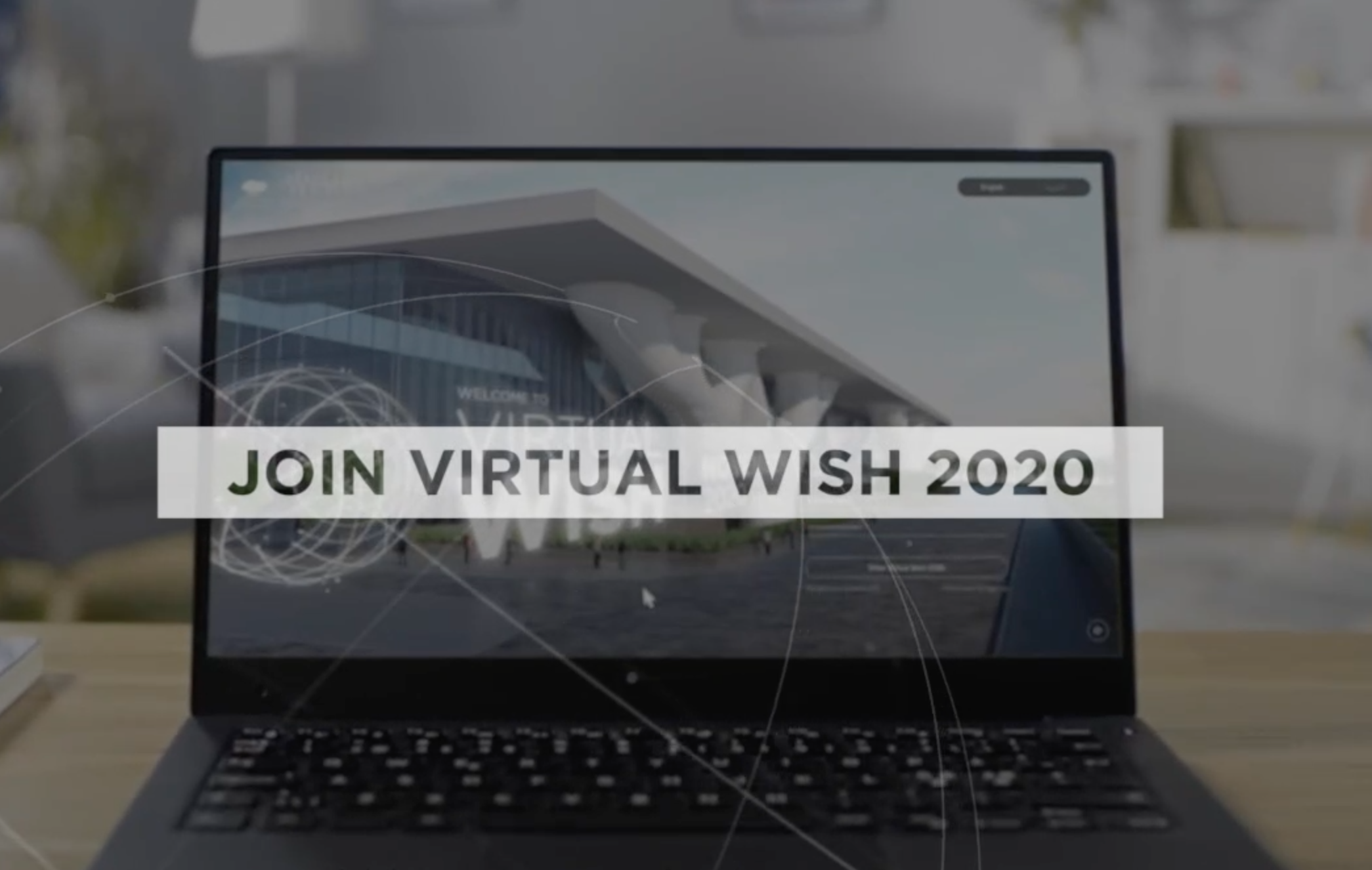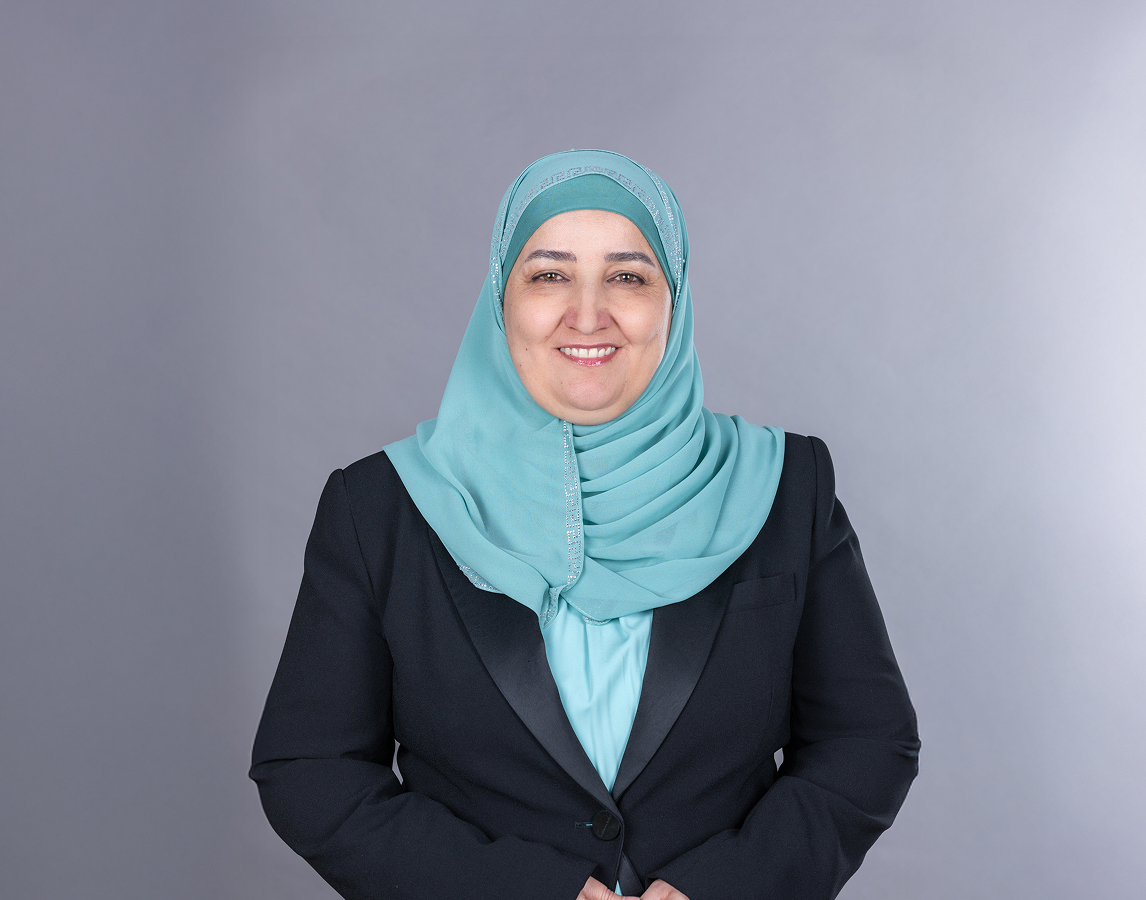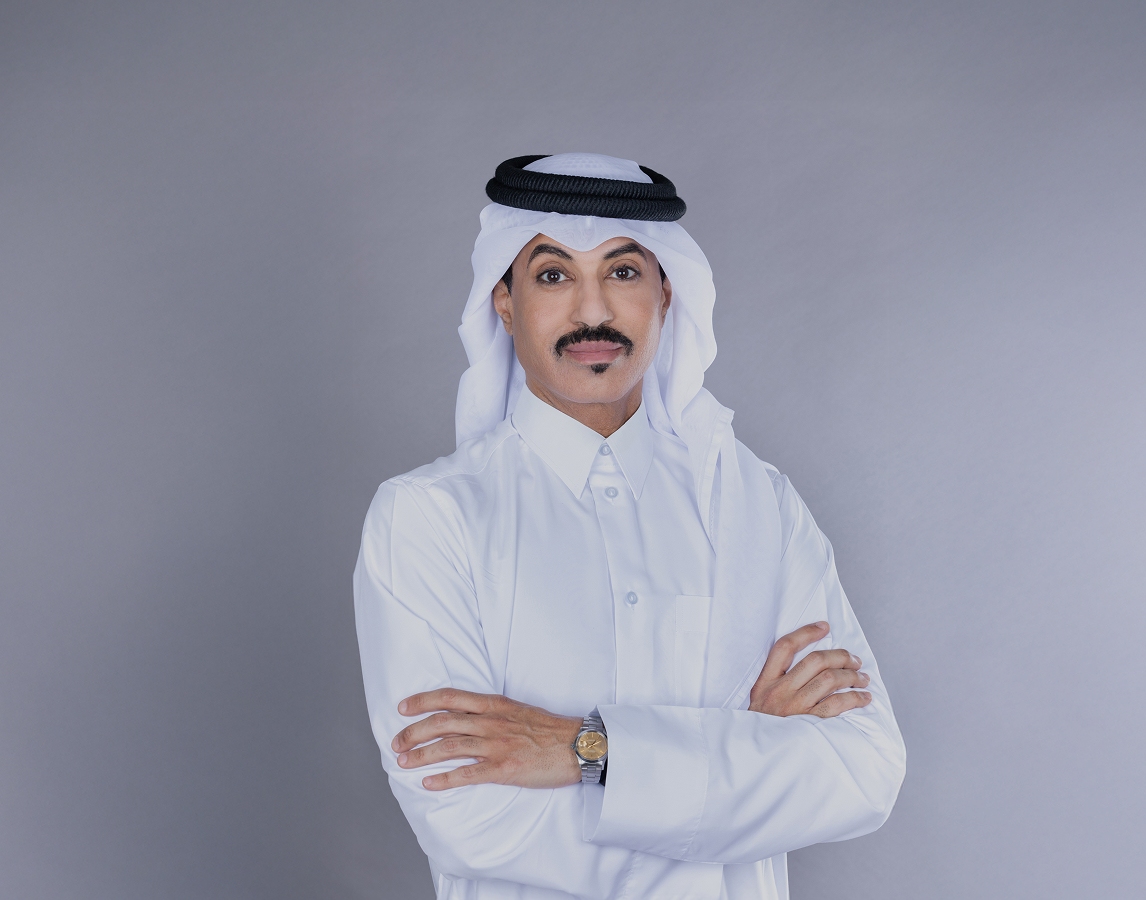The growing pains of going virtual

By Sultana Afdhal, CEO, WISH
There’s a certain feeling of smugness when you’ve settled on a summit date, booked the venue and chosen the Event Management Company. With the main logistics of the summit in place by late 2019 we started thinking on the topics, discussing the launch of innovation competitions and planning all the peripheral content that makes WISH such a memorable experience.
By December the topics had been selected, with an eye on the most pressing global healthcare challenges in current times, with lots of back and forth we felt we had nailed it; climate change, mental health and the health of our children were the frontrunners, what else could top that right? By December the academic reports (the backbone of the summit content) were nicely simmering away and all was well.
So, I was fairly unconcerned when I heard about covid, a local and regional outbreak that had absolutely no bearing on our summit. But the creeping specter of covid grew and grew and it was April before I realized that not only was a physical event a pipe dream, the topics were also looking out of touch and (almost) yesterday’s news. We’ll return to that later.
After four successful WISH summits (described by some as Bollywood meets healthcare) that had hosted thousands of visitors from around the world, in May we decided to go virtual.
We were excited and energized to go virtual.
We were going to take the summit to the world! this wouldn’t be 3,000 viewers; this would be tens of thousands. People from all walks of life would get the opportunity to see our content, it would be free, accessible and out of this world!
By August viewers were falling asleep in front of zoom meetings, the market was saturated with pop up platforms and once polished TV presenters were morphing into unshaven long-haired hippies.
As I watched children streaking past parents while they talked on screen, a young researcher presenting while his underwear dried in the background, and spouses arguing on online meetings (thinking they had their camera off), the reality hit me– there was no controlling what happened on the other side of the monitor.
How could anyone make shaky internet images, presenters who suddenly felt more at home in scruffy t-shirts and more variations of the moustache than I had ever imagined possible (not all of them men) look even partway professional?
Added to that WISH would be competing with hundreds of events that were suddenly going virtual.
There were answers of course,
– get presenters back into studios; with a studio in London and another in Doha.
–Build a customized platform the likes of which no one had ever seen and stand out in the crowd.
-Add COVID-19 to the agenda; our existing topics were chosen for a reason and that reason remained more important than ever before.
But roadblocks came as fast as ideas. England in lockdown meant presenters couldn’t go into London. In Doha there were studios but no presenters (most went on leave and never made it back).
The customized platform became an obsession that almost took over our lives. The golden rule, that content is king, flew out the window as we gleefully designed booths, tweaked names and spent weeks obsessing over tiny details such as the look and sound of avatars. As we piled more and more design elements into the platform we moved further and further away from the summit goal– delivering great content with impactful speakers.
When we did get around to the real summit business like picking speakers, our other presumption, that they would be falling over themselves to say yes, didn’t ring true either. They were already booked up, and they were still dealing with a pandemic, nope they didn’t need to travel to Doha, but they still didn’t have time on their hands.
As speakers confirmed and then cancelled (pandemics and lockdowns remember), academics begged out of writing reports (authors simply didn’t have the luxury of writing about pandemics when they were dealing with a real one) and glitches in our customized platform coming hard and fast– by September the dream of going virtual was looking virtually impossible.
The virtual fog began to clear almost overnight when it suddenly hit us, we had to get the content out, and it needed to work, not look pretty. Quality of speakers and the content mattered more than the platform that would host them, and that was and still is our lasting legacy.
With the summit now behind us, new friends made, and old ones reconnected, I and my wonderful team have come out of it relatively unscathed. It has been the most humbling, mind blowing and amazing journey. I would impart a few (hopefully) wise words of advice to those about to embark on a similar journey:
- Whatever you think you’ve thought of in the virtual world chances are someone else has thought of it before you. If you step outside of the established goods on offer, step with care, it’s likely that it isn’t out there because it can’t be done.
- When you get bogged down in the virtual details, go back to basics. Focus on why you are hosting the event. Remember the cool look is a bonus to the event, it isn’t the event, it’s all about content, content, content.
Those of who have followed WISH in the past probably know that we had cataclysmic flooding at the venue in 2018 that almost stopped our summit in its tracks.
This year we wrestled with the fallout from the pandemic – unfinished reports, glitchy uncooperative platforms and the mercy of the internet to deliver content in 180 countries as viewers tuned in to watch WISH 2020.
By any measure I feel both summits were successful and in the case of 2020, the virtual nature did deliver plenty of records; more speakers, more sessions, more delegates and more countries represented than ever before.
So, as I look to 2022 with a measure of trepidation and excitement, and contemplate what biblical-like catastrophe awaits, there can really only be one thing left to say ‘bring it on’.



